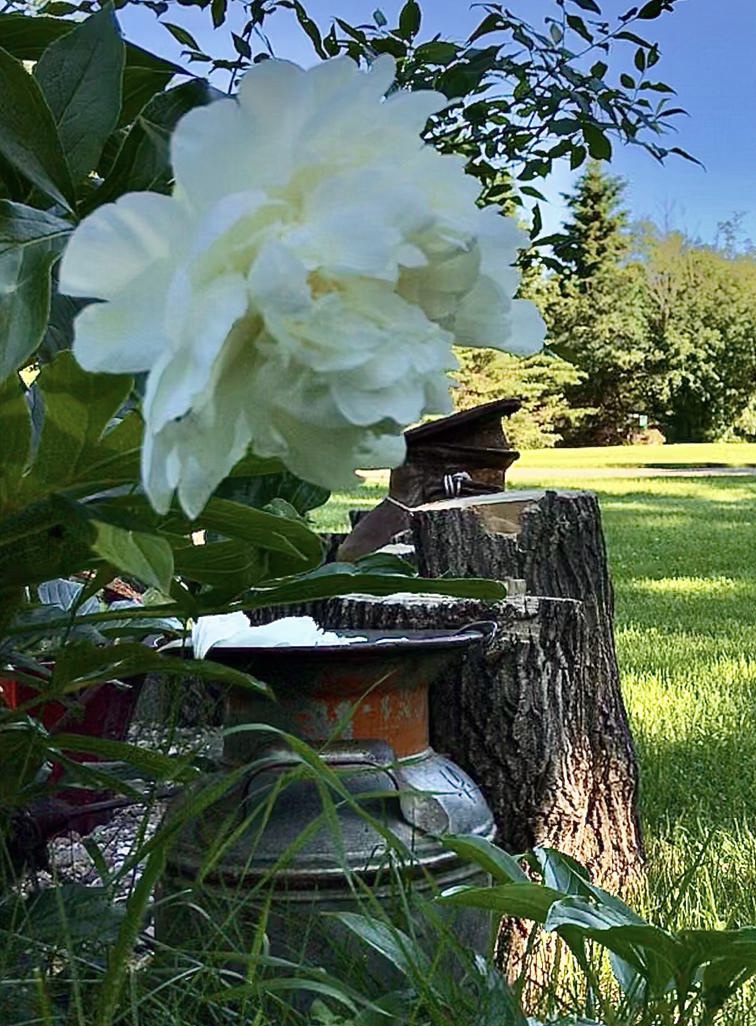Farmland Legacies is a registered non-profit charity which holds agricultural land in trust and works to promote sustainable values. Created by the energy, generosity, and social concern of farmers and non-farmers alike, Farmland Legacies pioneers the concept of holding land in trust for the common good. Thanks to the generosity of the Gillis family, Farmland Legacies is based at Wynyard SK. Our farmland holdings however, are spread over Saskatchewan and Alberta.
Mission
Farmland Legacies works to alleviate hunger, holds farmland in trust, links land with farmers and works with other organizations to promote and communicate sustainable values, thereby enhancing community life through regenerative agriculture.
Vision & Philosophy 
Farmland Legacies envisions a community without hunger that is supported by a healthy mix of farms and food. The landscape, with balanced soils and healthy ecosystems, will be home to farmers of all ages. Farm interests will be diverse and market influence will be shared by many. Farmland Legacies believes in a renewable and secure food system and promotes regenerative agriculture.
Values
- Farmland Legacies recognizes that land is a gift from the Creator and accepts that all creation is in relationship with a higher power.
- Farmland Legacies undertakes to hold forever in trust all bare land* placed in trust, and to view the land as a part of a living system, not a commodity. (* bare land is interpreted as that portion of land without yardsites)
- Farmland Legacies cares for the land with future generations in mind, and provides a means for intergenerational transfer of the use of the land.
- Farmland Legacies strives to keep an economically and environmentally sustainable relationship between humanity and the land, recognizing that ultimately people belong to the land, not land to the people.
- Farmland Legacies promotes renewable food production with holistic land stewardship practices that are biodiverse, ecologically sensitive, socially responsible and financially fair.
- Farmland Legacies adheres to the principles of integrity, respect, equality, co-operation and social justice.
- Farmland Legacies has faith in the enduring power of nature, fosters hope for the future of farming in the face of thin margins and the growing complexity of farm life, and promotes a love for the land.
Guiding Principles of Land Stewardship
Farmland Legacies follows four Guiding Principles of Land Stewardship, as compiled by The Land Stewardship Resource Centre. They are as follows:
- Caring for the system as a whole - understanding the fundamental roles and values of natural systems, building up biological fertility in the soil, incorporating an understanding of the ecological cycles of the landscape (water, energy, nutrients) and how land-use practices can either benefit, be in harmony with, or negatively impact these cycles and other land-users, flora and fauna.
- Resource conservation - maximizing efficiency and striving to reduce the one-time consumption of renewable and non-renewable resources; aiming for long-term optimization versus short-term maximization of production.
- Maintaining, building and enhancing stability in Nature - maintaining and encouraging natural biological diversity and complexity; maintaining natural areas and functions on the land (i.e., wildlife habitat conservation).
- Cultural values and ethics - caring for the health of the land for future generations and long-term economic stability; the link between civilization, urbanization, and the land-base and ecosystems that are vital to survival; the intrinsic value and right to exist of all life on Earth.
